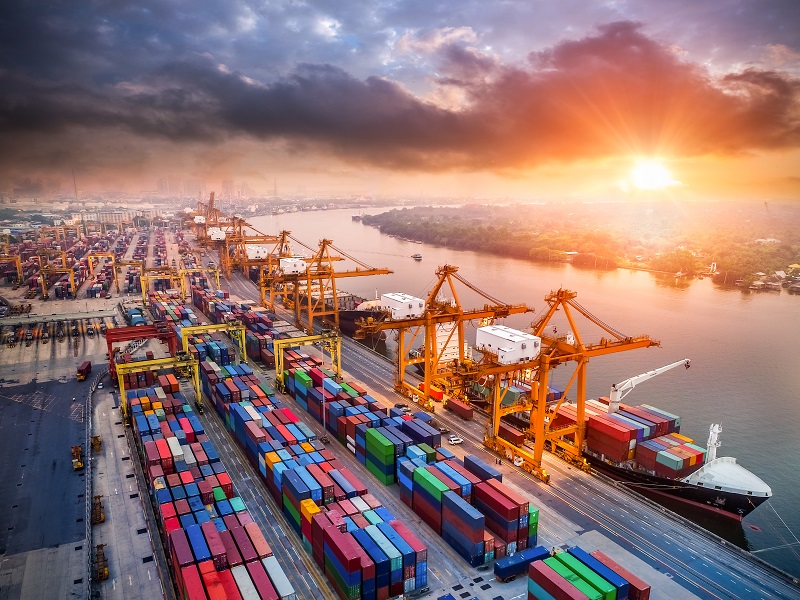Globalization after the COVID-19 pandemic

After five decades of intense globalization, the process decelerated fast after the global financial crisis and in the last five years has witnessed new challenges that are coming under full force with the pandemic. The first big question is the geopolitical role of China vis-a-vis the European Union and the USA. The EU is the region that lost more and will continue to lose more in its share of world GDP, to the benefit of East Asia, and mainly China. In the EU agenda EU four points should be at the top, focused in a long-term strategy: (i) a world agreement with a global agency on controlling pandemics; (ii) reshoring of value chains to reduce the risk of disruptions; (iii) new industrial policy directed at strategic sectors like digitalization, AI, life sciences and climate change; (iv) rebalancing trade policy in order to protect intellectual property and regulate technology transfer in critical sectors; and (v) regulate foreign direct investment into the EU to maintain a competitive system and ensure security.
Session at Instituto Estudos Políticos, UCP, Lisbon, 5.5.2020
